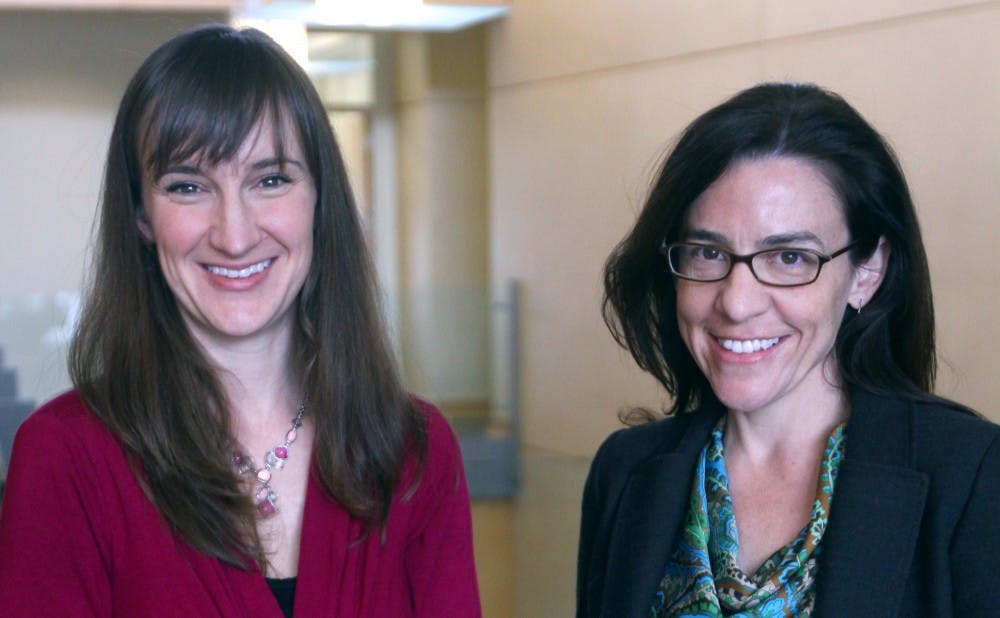A research team led by Duke scientists has identified a subclass of antibodies that could help find an effective HIV vaccine.
The study—published in the March 19 issue of Science Translational Medicine journal—looked at two HIV vaccine trials. The first, VAX003, involved one vaccine and was ineffective, but the second, RV144, involved two vaccines taken in combination and was effective. Researchers found the difference between the two trials by specifying a subclass of antibodies linked to HIV elimination and decreased risk of infection in RV144 vaccines. Identifying this subclass of antibodies, called IgG3, could help develop future vaccines, as well as enhance current understanding of immune response as it relates to HIV risk and prevention, said senior author Georgia Tomaras, associate director of research at the Duke Human Vaccine Institute.
“This is important because it shows that the antibody represents an effective immune response against the virus,” Tomaras said. “So now we have a possible biomarker for scoring potential vaccine candidates, as in, we can now say that if a vaccine elicits the IgG3 response, it may be engaging a protective immune response.”
The rationale that spurred this study was that both protective and non-protective vaccine regimens can give important insight into specific immune responses that are able to block HIV acquisition, Tomaras said.
The second vaccine in RV144 is a boost of VAX003. This combination vaccine had an unprecedented 31.2 percent efficacy rate at preventing HIV infection at 42 months after vaccination—though too low a rate to expand the use of the vaccine.
“So the question is—why does RV144 have this vaccine efficacy, especially compared to the VAX003 trial, because they are using very much the same immunogens, but just in a different immunization regiment?” said DVHI Research Director Dr. Hua-Xin Liao. “As scientists, we want to find out what the differences are and how we can take these observations and go further to improve vaccine design.”
Upon comparison of the antigen binding between the two trials, the team found that the vaccine regimens had distinct binding profiles in a type of antibody known as immunoglobulin G, or IgG. IgG antibodies can be divided into multiple subclasses, and the researchers discovered a correlation between antiviral function and IgG subclass three binding antibodies to a specific region on the HIV virus labeled V1V2, author Nicole Yates wrote in an email.
The team then demonstrated that the IgG3 antibodies significantly correlated with decreased risk of HIV infection in a placebo controlled and blinded study of the RV144 vaccine.
Additionally, the antibody may be either a correlate of HIV risk or might instead play a mechanistic role in protection against HIV infection. Further research is needed to assess which role IgG3 plays, Tomaras said.
Get The Chronicle straight to your inbox
Signup for our weekly newsletter. Cancel at any time.

